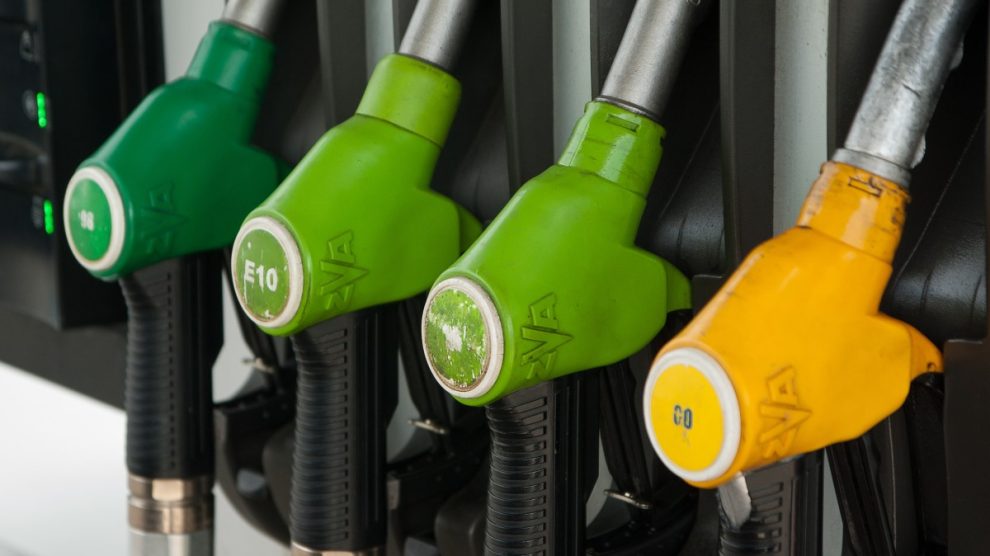The petrol ban is now TBD. On Friday, the EU-wide vote on stopping the sale of polluting cars from 2035 – which had already been approved by European member States in October and confirmed by Parliament in February – was officially postponed to a later date.
- The Swedish presidency confirmed the item was removed from the March 7 meeting, which was supposed to be a mere formality to ratify the agreement between the three main EU bodies – the States, the Parliament and the Commission.
Why? It’s a qualified majority vote, meaning the passing threshold is set to at least 15 member States and 65% of the EU’s population. With only Bulgaria, Italy and Poland opposing the petrol ban, the vote was expected to pull through. However, German Transport Minister Volker Wissing announced that Germany would abstain. That prompted Stockholm to postpone the decision, as Berlin’s move cast doubts over the passing of the law.
It’s about e-fuels. Mr Wissing provided an explanation: the future role of synthetic fuels (derived from hydrogen, produced with renewable energy, non-polluting and theoretically compatible with endothermic engines), which is relegated to a non-binding clause in the current text and could therefore be ignored by the Commission going forward.
Rome’s reaction… Italian government officials celebrated the news. “Italy has woken up Europe,” tweeted Minister Urso, noting the postponement “is an important signal. I hope there will now be a common reflection for sustainable competitiveness, including in the automotive sector.”
- Environment and Energy Security Minister Gilberto Pichetto-Fratin said the postponement “rightly takes into account the strong resistance of some European countries, with Italy in the front row, to an approach of the regulation that is too ideological and not very concrete.”
- Here’s a breakdown of Italy’s petrol ban-related concerns, including the dreaded impact on Italy’s automotive sector.
- Paolo Formentini (deputy chairman of the Foreign Affairs Committee) noted it’s also “a strong message from an international perspective. We must avoid selling off this market in favour of electric vehicles, and thus favouring China.”
… and its official line. The Italian position, explained Mr Pichetto-Fratin, is that electricity “cannot be the only solution for the future. All the more so if it continues, as it is today, to be a sector for the few. Aiming at e-fuels is also a strategic and equally clean solution, which enables important environmental results to be achieved while avoiding heavy negative repercussions in terms of employment and production.
- “The decarbonisation of the transport sector, which remains a priority objective, must take into account national peculiarities and timeframes compatible with the development of the automotive sector. We hope that this pause will also allow other countries and the European institutions themselves to reflect further on such an important issue for citizens and businesses.”
Yes, but: critics see the risk of condemning the European car industry to irrelevance. “The market has already chosen the technology of the future and invested heavily in electric mobility. The car manufacturers themselves plan the total electrification of their production lines well before 2035. We must definitely take note of this,” Carlo Tritto, Policy Officer at Transport & Environment Italia, told Decode39.
- Consequently, in order to protect employment as well as the climate, “we must invest immediately to train workers [for] the new automotive supply chains. In terms of industrial strategy, rearguard battles to extend the life of endothermic technology by a few years are certainly losers.”
Are e-fuels the answer? Not according to Mr Tritto, who highlighted that “they will only be able to power 3% of cars by 2035 according to the forecasts of the very companies that produce them.” E-fuels require a lot of renewable energy to be produced, making them “four times less efficient than a purely electric technology” in terms of propulsion and much more expensive in general.
- “Instead, they could be crucial for decarbonising long-distance air and sea transport. That is why the few volumes available must be reserved for those sectors,” said the T&E expert.




